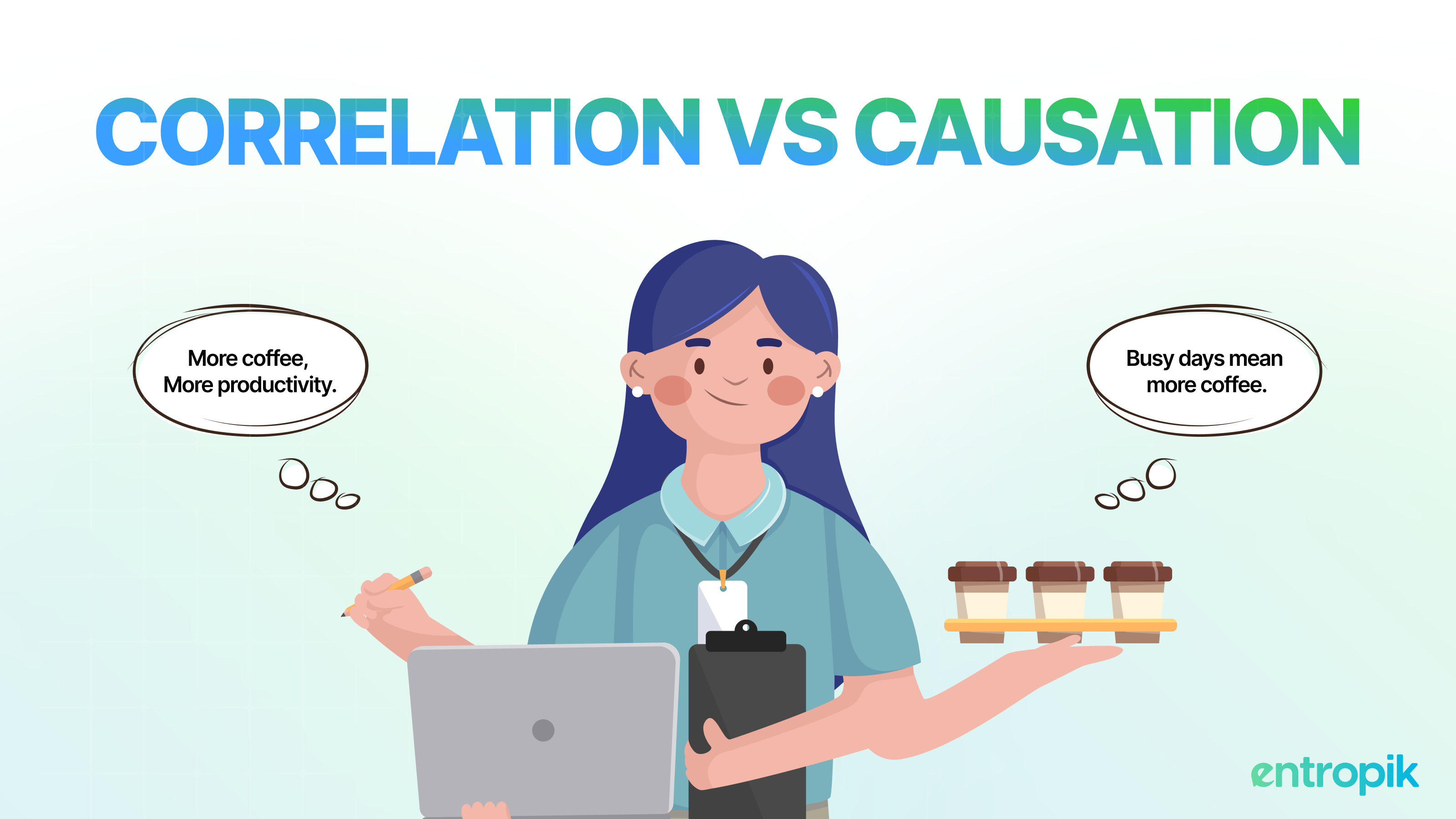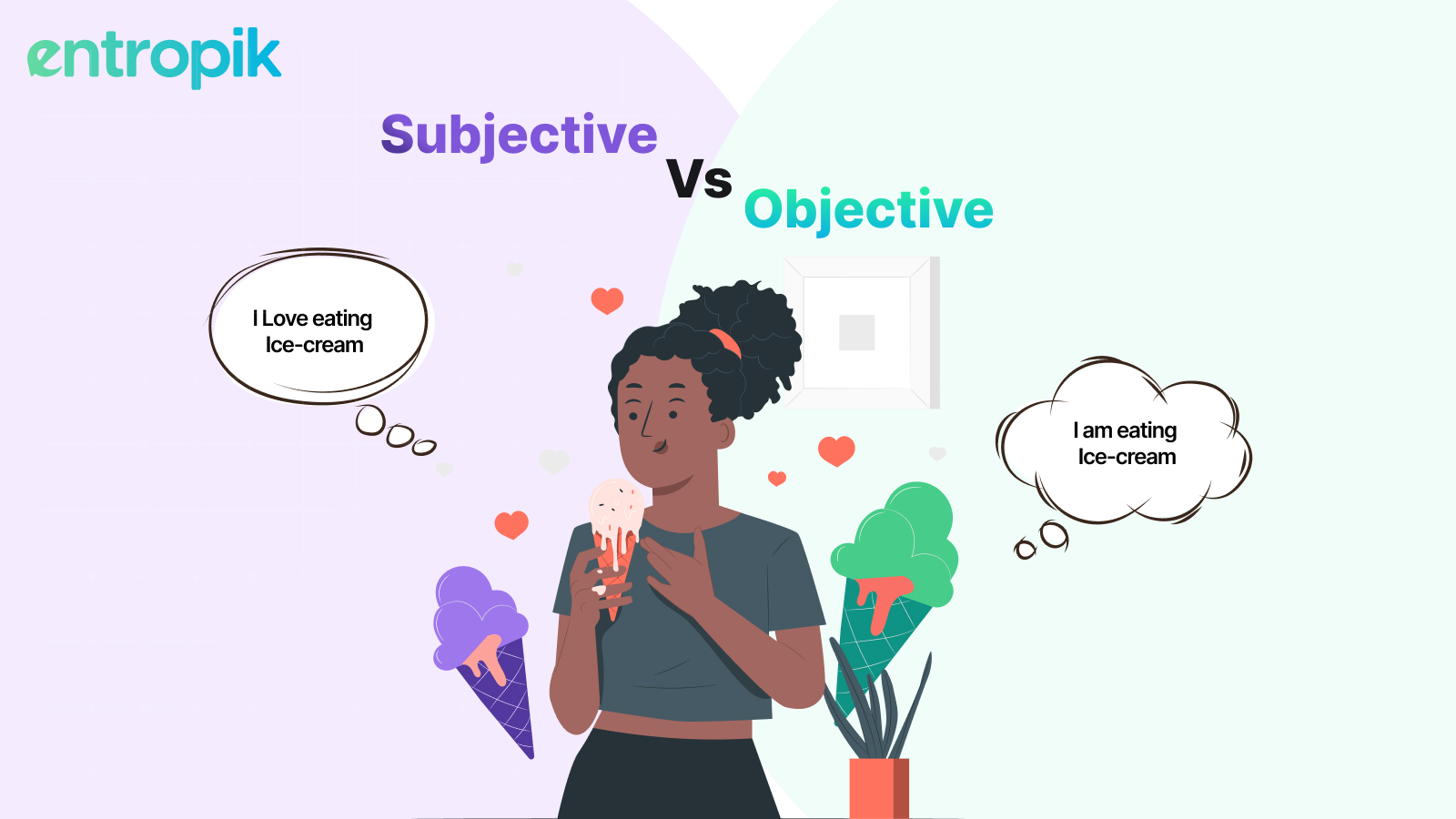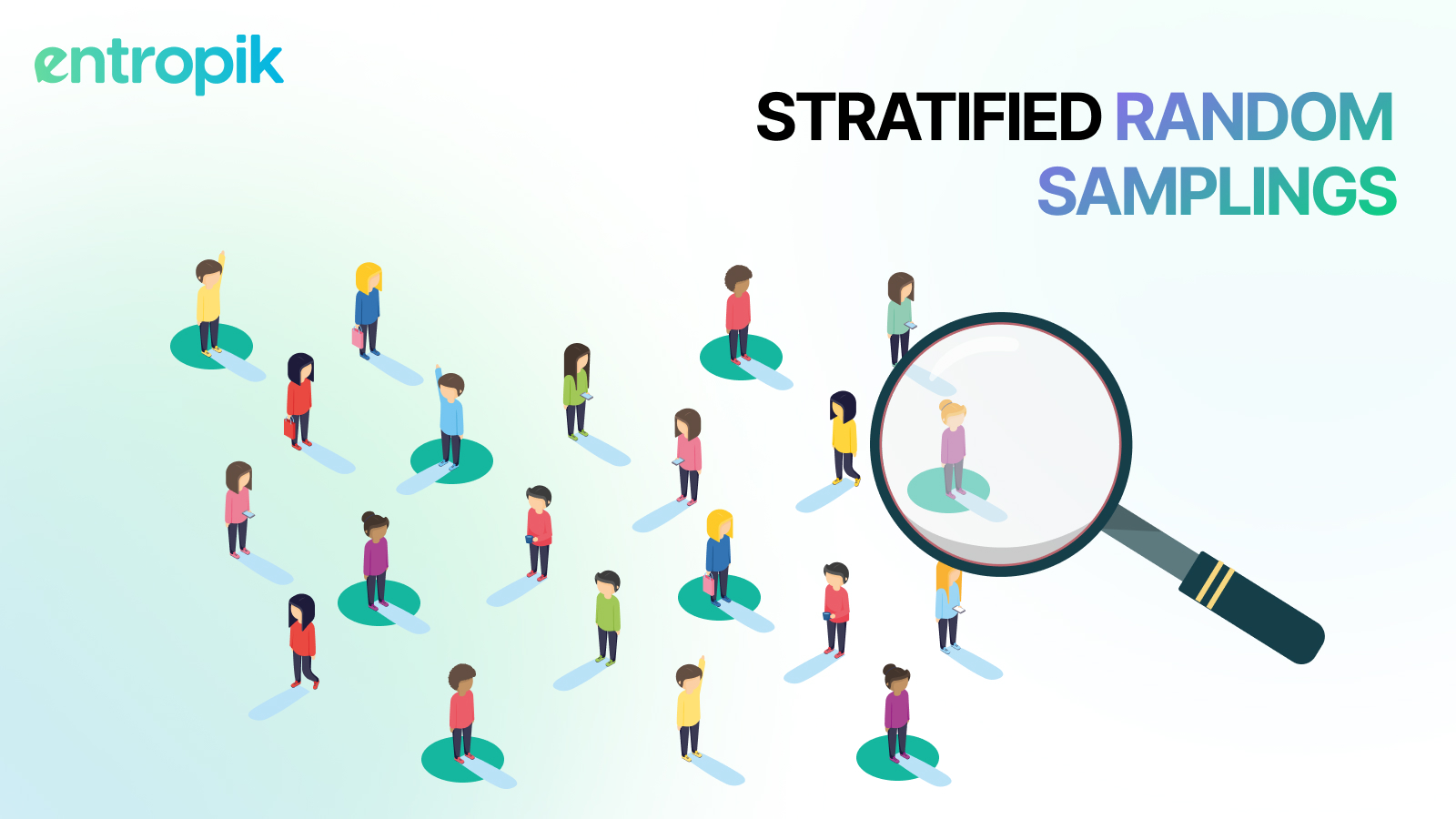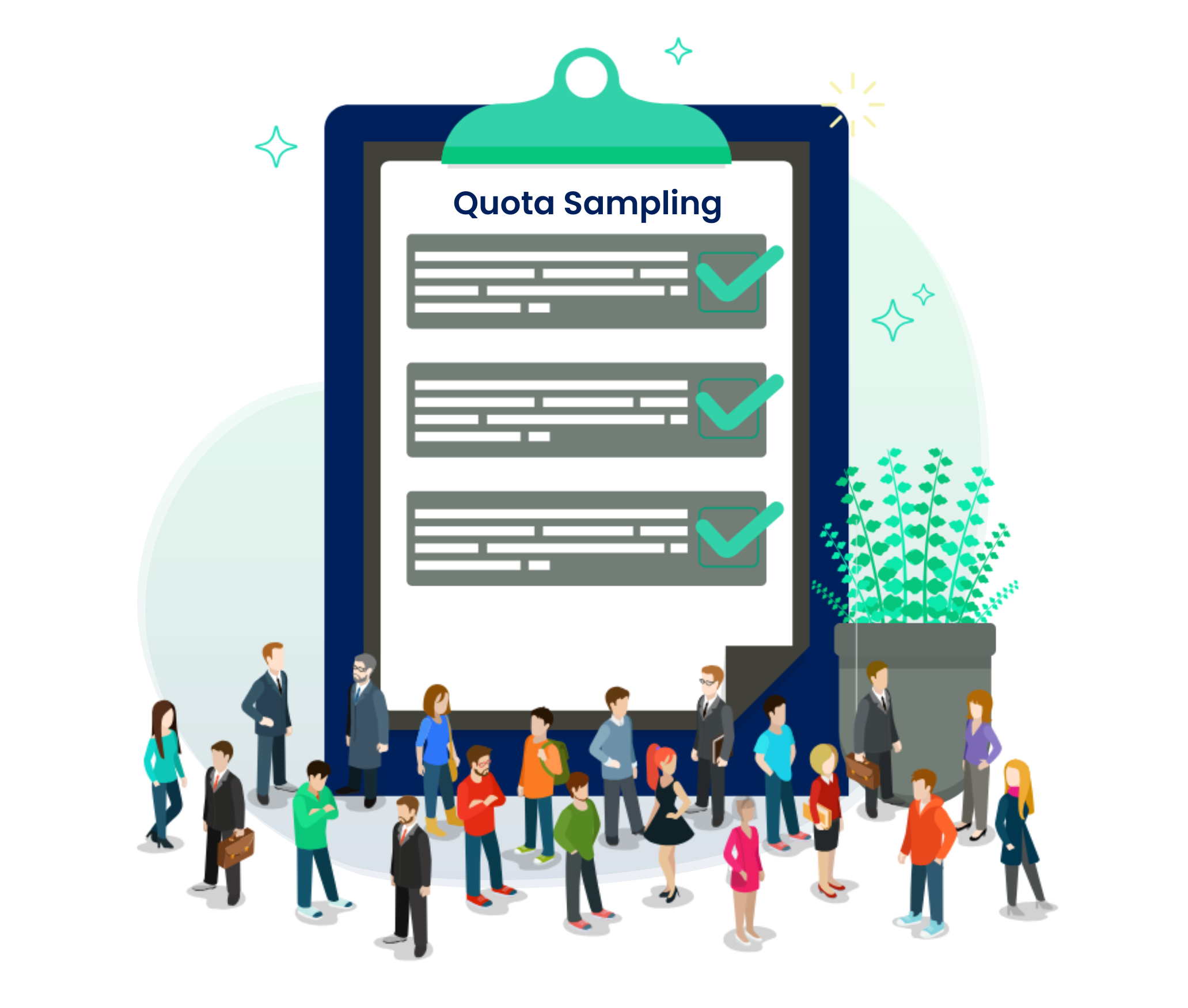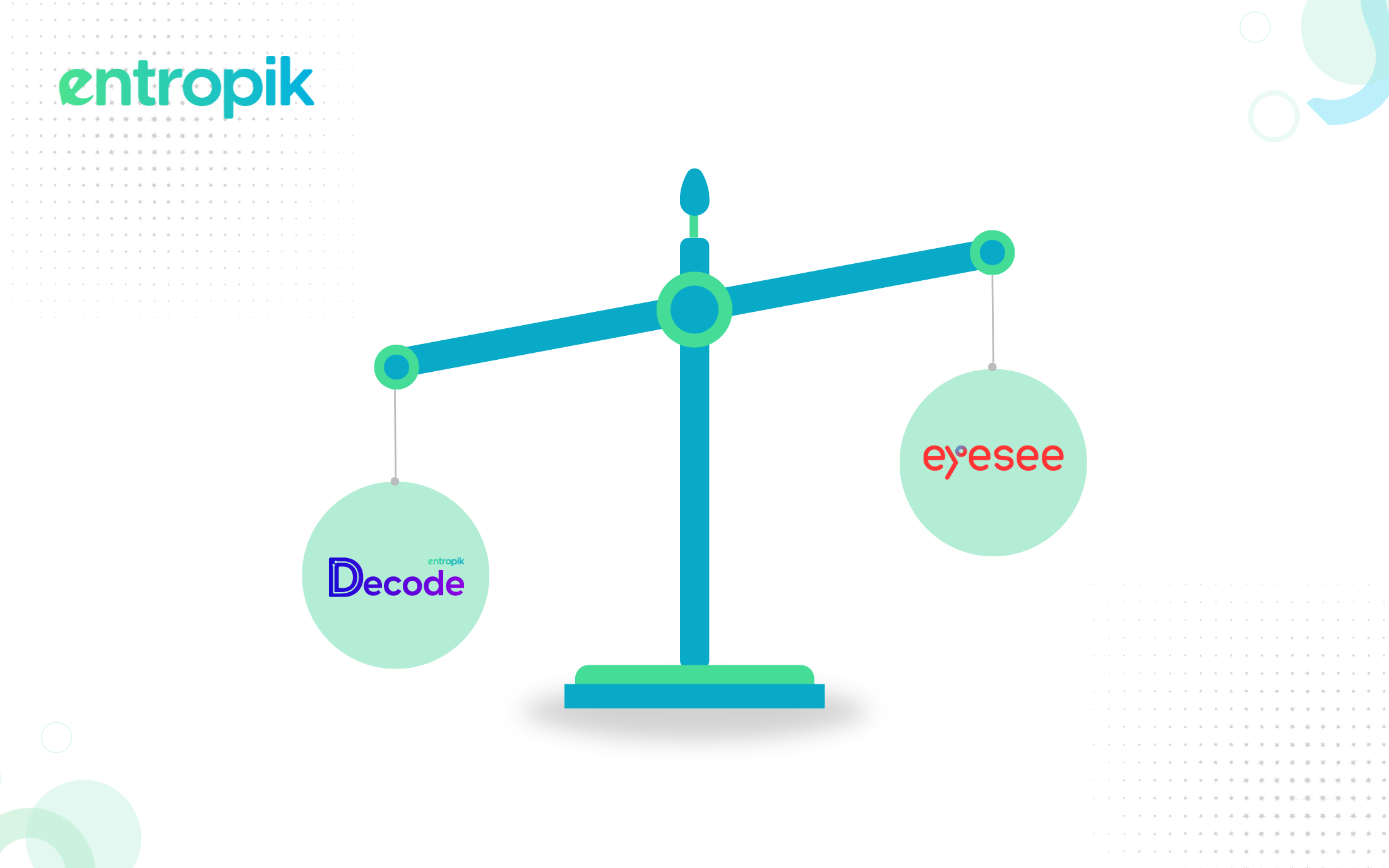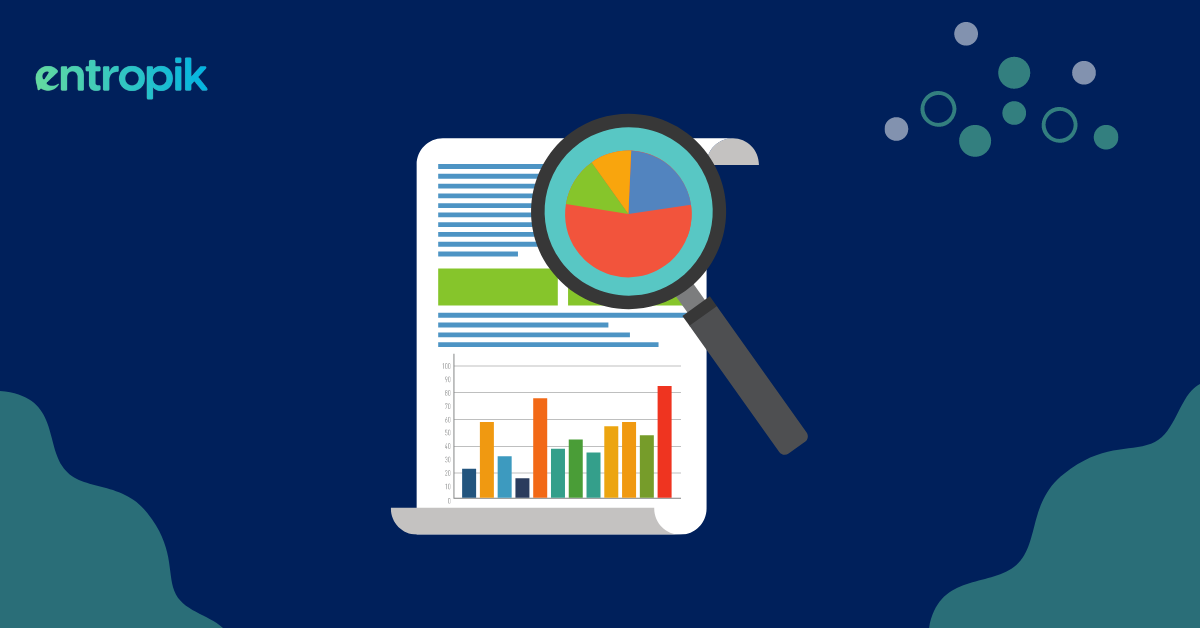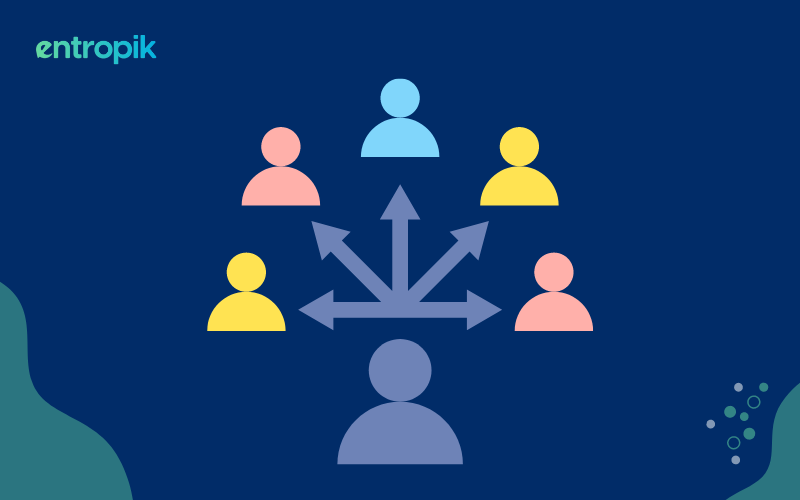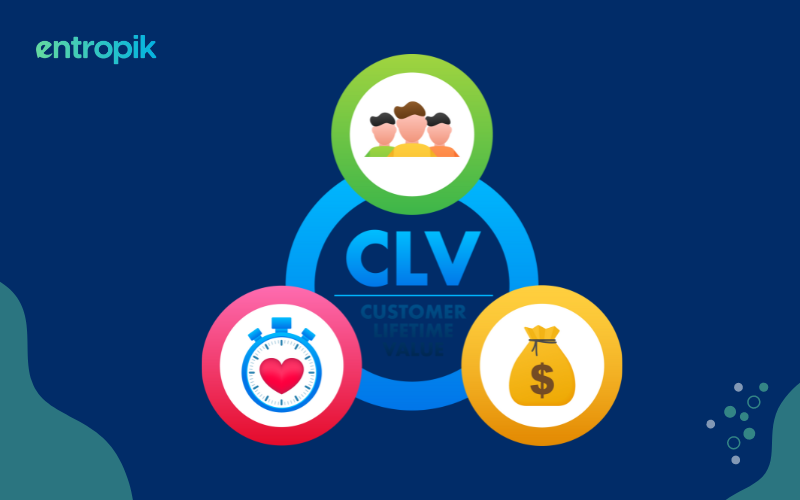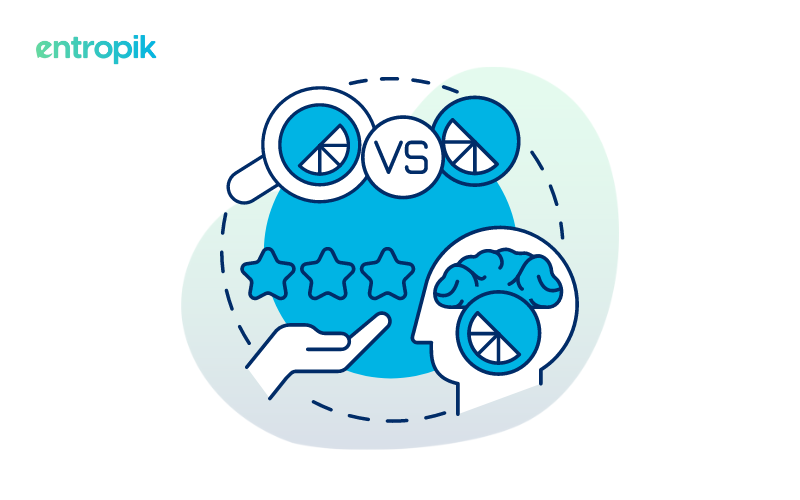A research hypothesis provides a clear, testable statement that guides the direction and focus of a study.
The benefit is that the hypothesis makes selecting appropriate research methods or statistical means possible, making the analysis more effective and achieving a result. Above all, the idea selected for the research also makes the study more focused, and the hypothesis does that best of all. Finally, when researchers propose and test a hypothesis, they can confirm, enhance, reconsider, or reject any theories.
In this blog, we'll explore the concept of a research hypothesis, its significance in research, and the various types utilized in scientific studies. Additionally, we'll provide a step-by-step guide on formulating your research hypothesis and methods for testing and evaluating it.
What is a Research Hypothesis?
A research hypothesis is a foundational element in both qualitative and quantitative research. It is a precise, testable statement that predicts a possible relationship between two or more variables. This hypothesis is developed based on existing theories, observations, or previous research and aims to provide a direction for further investigation.
A research hypothesis starts with a question a researcher is trying to answer. It implies its effect or outcome and provides a basic ground to construct investigations, surveys, or other methods. It explains what a researcher can expect to find. Once the expectations are clearly stated, a researcher will build the methodology by choosing methods and tools for data collection and analysis.
Examples of Research Hypothesis
Here are some examples of research hypotheses across various fields:
Psychology
- Hypothesis: Individuals who practice mindfulness meditation daily will report lower levels of stress compared to those who do not practice mindfulness.
- Independent Variable: Mindfulness meditation practice.
- Dependent Variable: Levels of stress.
Education:
- Hypothesis: Students who receive personalized tutoring in math will perform better on standardized tests than those who do not.
- Independent Variable: Personalized tutoring in math.
- Dependent Variable: Performance on standardized tests.
Marketing:
- Hypothesis: Consumers exposed to advertisements with emotional appeals will have a higher purchase intention than those with rational appeals.
- Independent Variable: Type of advertisement appeal (emotional vs. rational).
- Dependent Variable: Purchase intent.
Economics:
- Hypothesis: Increasing the minimum wage will decrease employee turnover rates in the retail sector.
- Independent Variable: Minimum wage increase.
- Dependent Variable: Employee turnover rates in the retail sector.
Technology:
- Hypothesis: Users who receive personalized recommendations on a streaming platform will spend more time watching content than users who do not receive personalized recommendations.
- Independent Variable: Personalized recommendations.
- Dependent Variable: Time spent watching content.
[Note: Here, Independent Variable is the factor manipulated or controlled in an experiment to observe its effect.
Dependent Variable is the factor that is measured or observed in an experiment to assess the impact of the independent variable.]
What is the Importance of Hypothesis in Research?

The importance of a hypothesis in research cannot be overstated, as it serves several crucial functions in the scientific inquiry process.
Here are the key reasons why hypotheses are fundamental to research:
1. Guides the Research Process
A hypothesis gives a study a clear direction as it outlines what you intend to study and establishes the relationship you are trying to find between variables. It is precise and to the point, which helps formulate your research questions and plan your methods. Using a hypothesis helps organize the testing process from the beginning to the end of the study.
2. Defines the Variables
A well-formulated hypothesis specifies the independent and dependent variables. It defines the object of manipulation and measurement. According to the definition, the hypothesis is an assumption about the relationship between the objects of study. Since statistics is a field of research, the hypothesis is a predictive statement that can be tested empirically.
3. Facilitates Testability and Empirical Investigation
A well-defined hypothesis indicates a clear relationship between the studied variables, thus providing a foundation for designing experiments and observations. In some cases, a null hypothesis is stated to subsequently apply the appropriate statistical test to either validate an already formulated and appropriate hypothesis or reject it.
4. Enhances Objectivity
A hypothesis helps minimize researcher bias by proposing a specific prediction. It forces the researcher to rely on empirical data rather than subjective opinions or beliefs. This objectivity is crucial for maintaining the integrity of the scientific process and ensuring that the findings are credible and reliable.
5. Promotes Critical Thinking and Theoretical Frameworks
Creating a reasonable and viable hypothesis starts with deeply understanding the problem and the field. With a clear sense of the scope of existing evidence and knowledge, there would be a way to go beyond what other researchers have already done. By thoroughly reviewing the literature, researchers are in a position to critically evaluate it and identify problems or questions that remain unresolved.
6. Enables Structured Analysis and Interpretation
A hypothesis is a tentative assumption that provides a context for data analysis and interpretation. It allows for determining specific statistical tests to run and understanding how to interpret them. If the results support the hypothesis, then there is sufficient evidence to claim and infer that the chosen variables are related in a particular way to each other.
If the hypothesis does not match the outcomes, it raises the question of the theoretical assumptions supporting it and additional testing that may be indicated.
7. Drives Scientific Progress
Testing hypotheses continually allows researchers to enrich knowledge beyond merely investigating a particular aspect. The data supporting both hypotheses, the data refuting them, may give rise to new theories, which may serve as the foundation for new research. Such a loop significantly benefits researchers who need to extend their understanding of a particular aspect of the outer world.
{{cta-button}}
What Are The Types of Research Hypotheses?
Research hypotheses can broadly be categorized into several types, each serving different purposes in scientific inquiry.
Here are the main types of research hypotheses:
1. Simple Hypothesis
A simple hypothesis posits a relationship between two variables. It suggests a direct cause-and-effect relationship without specifying the direction of the effect. For example:
"Increased exercise leads to improved cardiovascular health."
2. Complex Hypothesis
Complex hypotheses involve relationships between multiple variables. These hypotheses may propose how several factors interact to produce a particular outcome. For example:
"The interaction between genetic predisposition, diet, and exercise influences longevity."
3. Associative Hypothesis
An associative hypothesis suggests that there is a relationship between two variables, but it does not imply causation. It states that changes in one variable are associated with changes in another. For example:
"There is a correlation between income level and access to healthcare services."
4. Causal Hypothesis
A causal hypothesis asserts that changes in one variable directly cause changes in another. It implies a cause-and-effect relationship that can be tested through experimentation or controlled observation. For example:
"Increased consumption of sugary drinks causes an increase in body weight."
5. Directional Hypothesis
A directional hypothesis predicts the direction of the relationship between variables. It specifies whether one variable will increase or decrease in response to changes in another variable. For example:
"Higher levels of education lead to higher income levels."
6. Non-directional Hypothesis
A non-directional hypothesis does not predict the direction of the relationship between variables. It simply suggests that there is a relationship without specifying whether one variable will increase or decrease in response to changes in another variable. For example:
"There is a relationship between social media use and levels of anxiety."
7. Null Hypothesis (H₀)
The null hypothesis states no significant relationship exists between the variables being studied. It proposes that any observed differences or effects are due to random chance or sampling error. It is often used to test against the alternative hypothesis (H₁), which proposes the existence of a relationship or effect. For example:
"There is no significant difference in test scores between students who study with music and students who study in silence."
How to Develop a Research Hypothesis?

Developing a research hypothesis involves a systematic process to ensure clarity, testability, and relevance to the research question. Here’s a step-by-step guide on how to develop a research hypothesis:
Step 1: Identify the Research Problem or Question
Start by clearly defining the research problem or question you want to investigate. This could be based on gaps in existing literature, observations, theories, or practical issues.
Step 2: Review Existing Literature
Conduct a thorough review of relevant literature to understand what is already known about the topic. Identify theories, findings, and gaps in knowledge that can help inform the development of your hypothesis.
Step 3: Specify Variables
Identify the variables involved in your study. Variables are measurable traits, conditions, or characteristics that can change or vary.
Specifically, determine:
Independent Variable: The factor you manipulate or study in your research.
Dependent Variable: The outcome or response you are measuring or observing about the independent variable.
Step 4: Formulate a Hypothesis
Formulate a clear and specific hypothesis based on your research problem, literature review, and identified variables. A good hypothesis should:
State the expected relationship between the independent and dependent variables.
Be testable through empirical research methods (e.g., experiments, surveys, observations).
Be concise and specific, avoiding ambiguity.
Examples:
Simple hypothesis: "Increased exposure to sunlight leads to higher levels of vitamin D in humans."
Directional hypothesis: "Children who participate in regular physical activity will have lower levels of obesity than children who do not."
Non-directional hypothesis: "There is a relationship between job satisfaction and employee turnover."
Step 5: Consider Alternative Hypotheses
While formulating your hypothesis, consider alternative explanations or hypotheses that could also explain the relationship between your variables. This helps in ensuring that your hypothesis is well-grounded and comprehensive.
Step 6: Ensure Testability
Ensure that your hypothesis is testable using appropriate research methods and techniques. Define how to measure or manipulate the variables to gather empirical evidence supporting or refuting your hypothesis.
Step 7: Write and Refine
Write down your hypothesis in a clear and concise statement. Revise and refine it as needed to improve clarity and specificity. Ensure that it aligns with the objectives of your study and effectively addresses the research question.
Step 8: Seek Feedback
Before finalizing your hypothesis, seek feedback from colleagues, mentors, or peers in your field. Their input can help identify potential weaknesses or ambiguities in your hypothesis and suggest improvements.
Step 9: Finalize Your Hypothesis
Once you have refined your hypothesis based on feedback and considerations, finalize it as the guiding statement for your research study.
{{cta-button}}
Characteristics of a Good Research Hypothesis
A good research hypothesis possesses several key characteristics that make it effective and suitable for investigation:
1. Clear and Specific
The hypothesis should be precise in its wording and focus. It should clearly state what the researcher intends to investigate or test.
2. Testable
A hypothesis must be capable of being empirically tested and verified or falsified through observation or experimentation. This means there should be a way to gather data that supports or refutes the hypothesis.
3. Falsifiable
There must be a possibility of proving the hypothesis false. A hypothesis that cannot be proven false typically falls outside scientific inquiry. This criterion ensures that research remains objective and open to revision based on evidence.
4. Grounded in Theory
A good hypothesis is usually based on existing theories or literature. It should be informed by a solid understanding of the topic and build upon previous research findings or established principles.
5. Rationale
It should provide a logical rationale or explanation for the expected outcome. This rationale is often derived from the literature review or preliminary observations.
6. Empirical Relevance
The hypothesis should address a question relevant to the field of study and contribute to existing knowledge. It should propose a relationship or difference between variables that is worth investigating.
7. Concise
While the hypothesis should be clear and specific, it should also be concise and to the point. It typically consists of a statement or a few sentences summarizing the expected relationship between variables.
8. Variables
A hypothesis should identify the variables involved and specify how they are expected to relate. This includes independent variables (the factors that are manipulated or controlled) and dependent variables (the outcomes or effects being measured).
9. Observable and Measurable
The variables in the hypothesis should be observable and measurable, allowing for data collection that can be analyzed statistically.
10. Revisable
A hypothesis is not a conclusion but a tentative assumption or prediction that guides the research process. It should be open to revision based on the study's findings.
The Role of Decode in Testing Research Hypotheses

Decode is a powerful survey and consumer research platform powered by Insights AI, that can be instrumental in testing research hypotheses.
Here's how Decode can support you in this process:
- Survey Design and Data Collection: Craft targeted questions using Decode's intuitive interface to gather relevant data for your research.
- Exploratory Research: Conduct exploratory research to understand the landscape of your topic—Leverage Decode's functionalities for surveys and feedback mechanisms to gain valuable insights from your target audience.
- Literature Review and Background Research: Supplement your literature review by collecting data on sample populations' opinions, experiences, and preferences through Decode surveys. This combined data and a thorough literature evaluation can help you build a well-grounded hypothesis with a strong foundation in real-world knowledge.
- Identifying Variables: Design targeted survey questions within Decode to pinpoint relevant variables crucial to your research topic.
- Testing Assumptions: Before solidifying your research hypothesis, informally test your assumptions using surveys created on Decode. This allows for early feedback and potential refinement.
- Data Analysis Tools: Decode provides built-in data analysis tools. Utilize these tools to uncover patterns, correlations, and trends within the data you collect through your surveys.
- Refining Your Hypotheses: As you gather data through Decode surveys, you can continuously adjust and refine your hypotheses based on the real-world responses you receive. This iterative process ensures your hypothesis stays aligned with the insights you uncover.
Final Words
A research hypothesis serves as a guide for scientists. It is a tested idea that applies across different fields, including medicine, social sciences, and natural sciences. Integrating theories with hands-on information assists researchers in exploring and discovering new information.
Decode is a valuable tool for researchers. It simplifies creating surveys, gathering data, and analyzing information. It supports all types of research, from forming hypotheses to testing them. Start a free trial to explore its features and maximize your research potential.
{{cta-button}}















.jpg)



